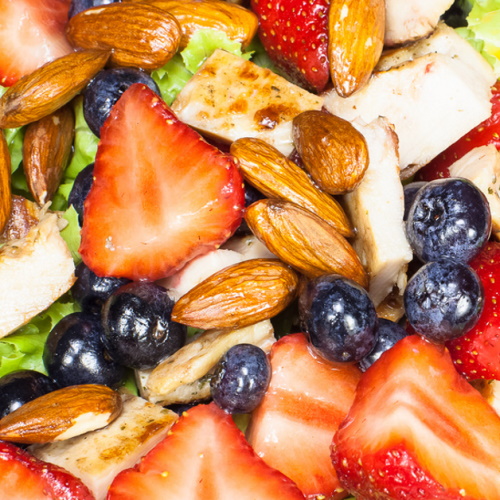Key points from article :
Researchers suggest that trimethylamine may be a key player in vascular ageing.
It is a metabolic byproduct created when bacteria in gut breaks down food like red meat.
Then it reaches the liver, where it is converted into trimethylamine-N-Oxide (TMAO).
They believe it damages our arteries and contributes to heart disease.
Team examined blood and arterial health of 101 older people and 22 young adults.
Found that adults with high blood levels of TMAO had worse arterial health and function.
They had increased levels of oxidative stress, inflammation, and tissue damage to arterial wall.
Team also studied effects of TMAO on mice and gave alarming results.
Mice that were directly given TMAO experienced rapid aging of their blood vessels.
After several months, the 12-month-old mice resembled 27-month-old mice.
Also, mice given dimethyl butanol had reduction of vascular disfunction.
Researchers from the University of Colorado Boulder and Virginia Tech, published in AHA Journal.








